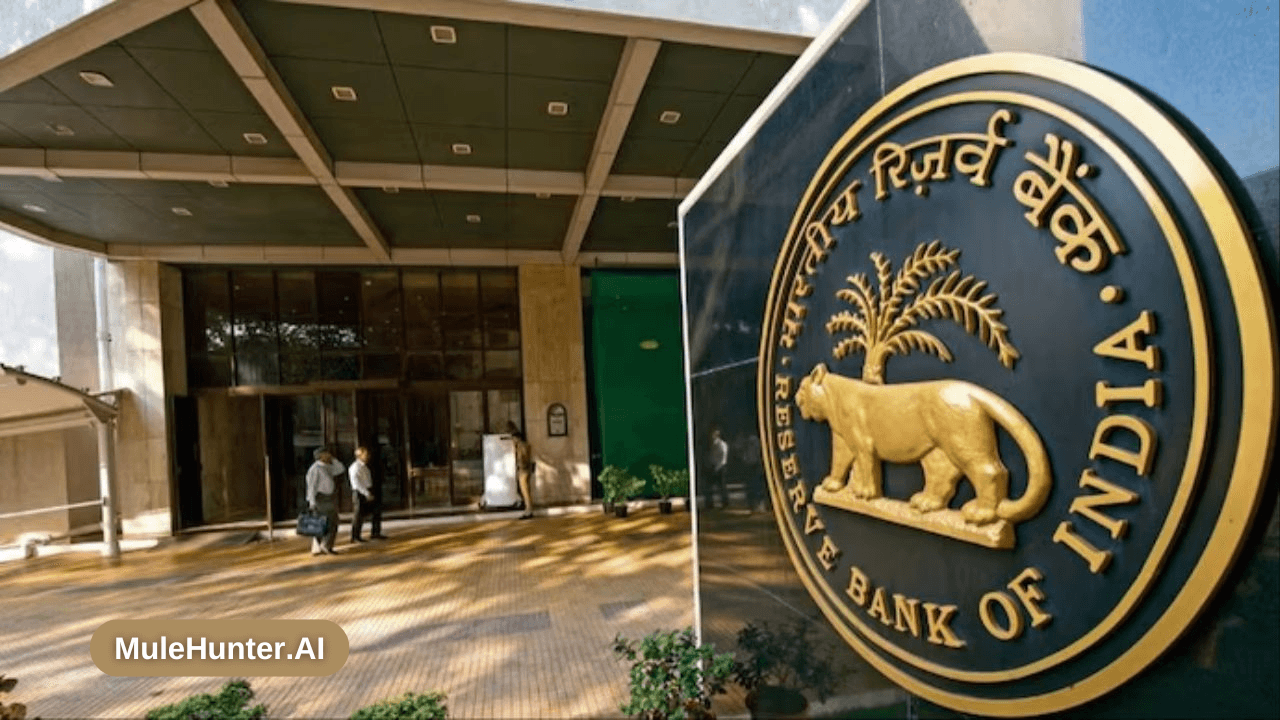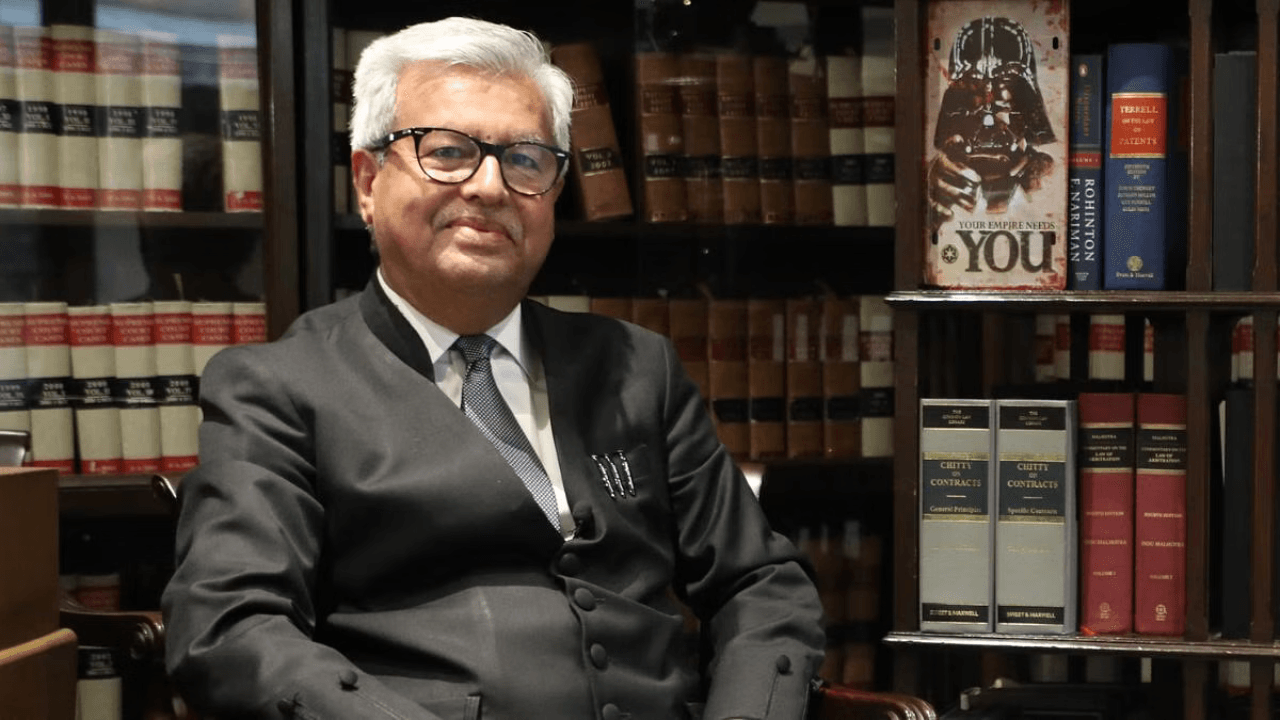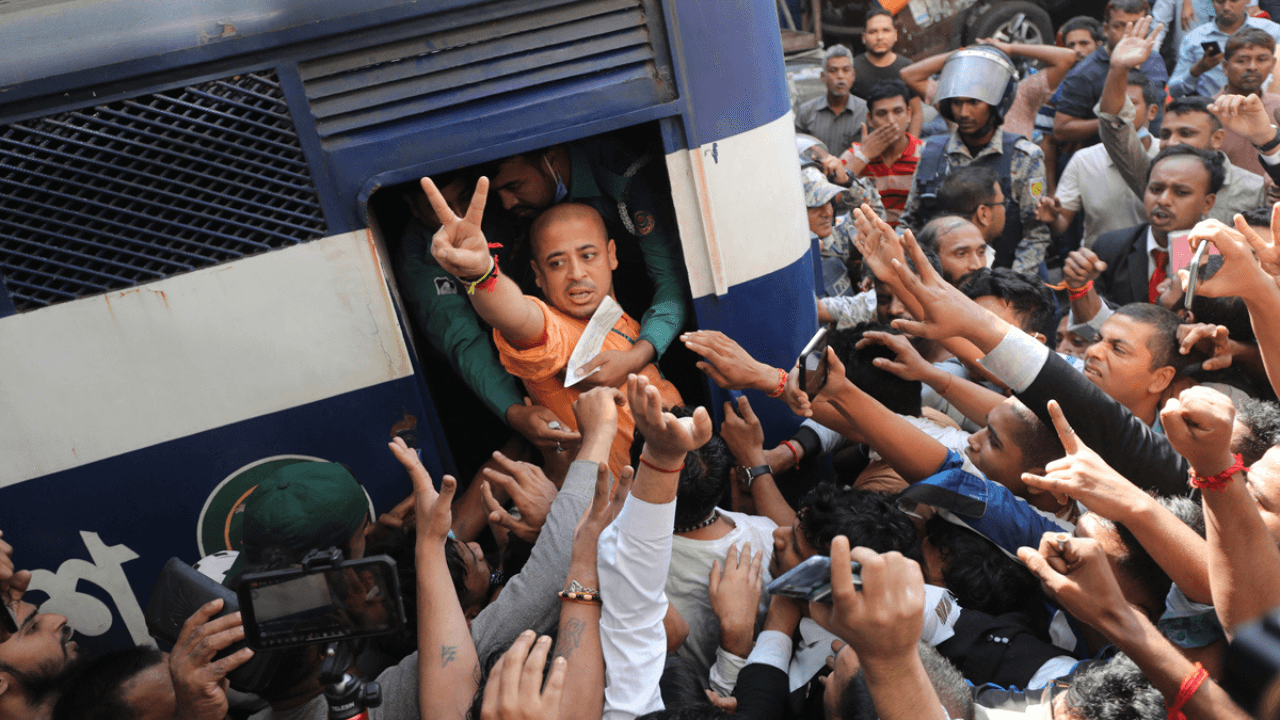In a recent notification issued on 27th March 2024, the University Grants Commission (UGC) has introduced significant changes to the PhD admission process. The new guidelines, based on recommendations from the expert committee’s 578th meeting held on 13th March 2024, aim to streamline the admission process and align it with the National Education Policy 2020.
Starting in June 2024, candidates seeking admission to PhD programs will be selected based on their performance in the National Eligibility Test (NET). The merit list will categorise students into three sections, each with its own set of benefits and eligibility criteria.
From the academic session 2024-2025, all universities can use NET score for admission to PhD programmes in place of entrance tests conducted by the different universities/HEIs. NTA is working on launching the NET application process for June 2024 session sometime next week. pic.twitter.com/IVzKgu56gB
— Mamidala Jagadesh Kumar (@mamidala90) March 27, 2024
Under the new guidelines, students in the first category of the merit list will be awarded the Junior Research Fellowship (JRF) and will be eligible for the post of assistant professor. Additionally, they will be eligible for admission to PhD programs.
However, students in the second category of the merit list will not receive the JRF award but will still be eligible for admission to PhD programs based on their NET score as well as they are also eligible for the post of assistant professor.
Students in the last category of the merit list will be eligible for admission to PhD programs based on their NET score, but they will not receive the JRF award or be eligible for the assistant professor position.
These new guidelines represent a significant shift in the PhD admission process, placing greater emphasis on the NET score and merit-based selection. The implementation of these guidelines is expected to bring greater transparency and efficiency to the PhD admission process, ensuring that the most deserving candidates get selected for admission to PhD programs.












